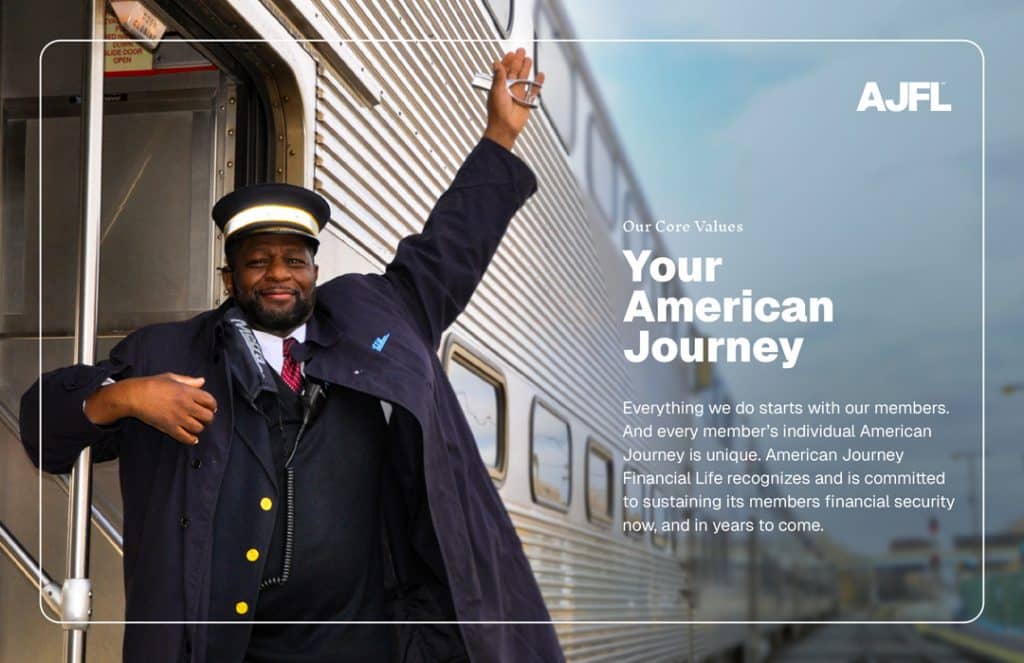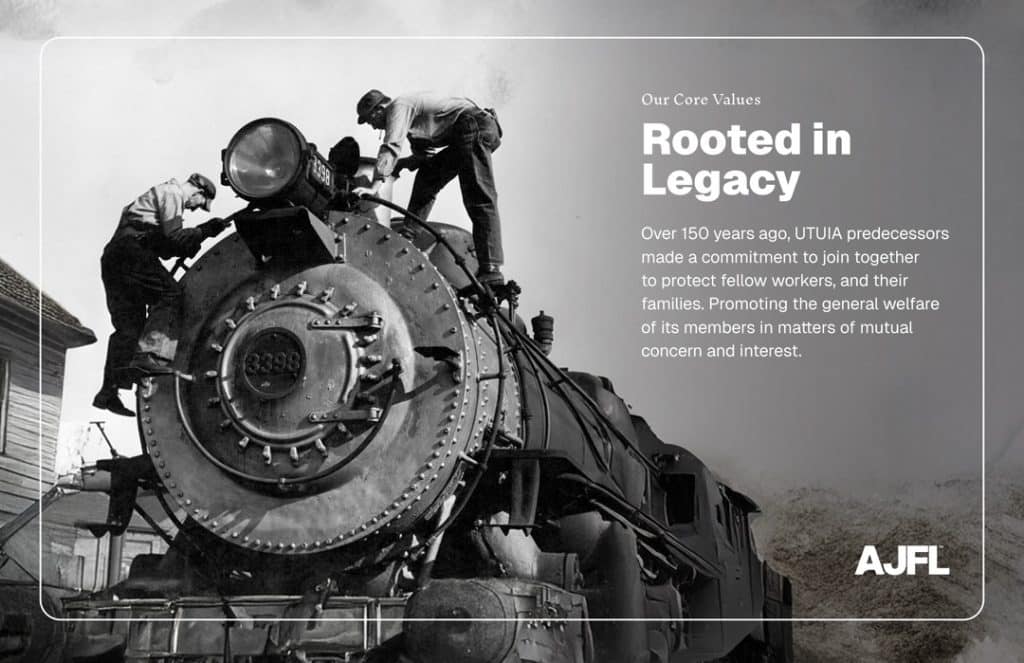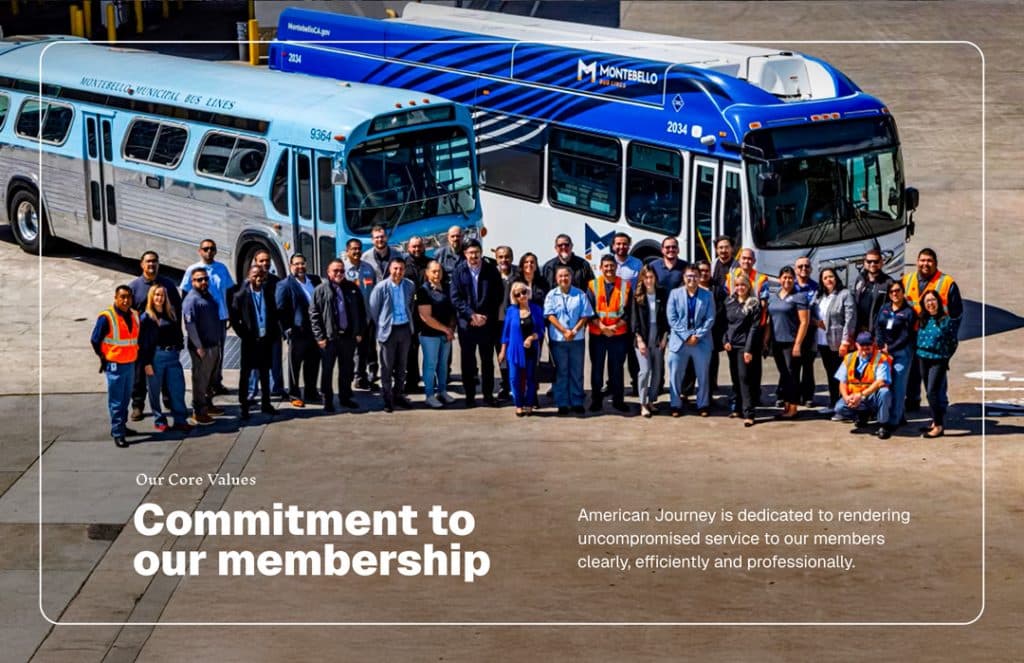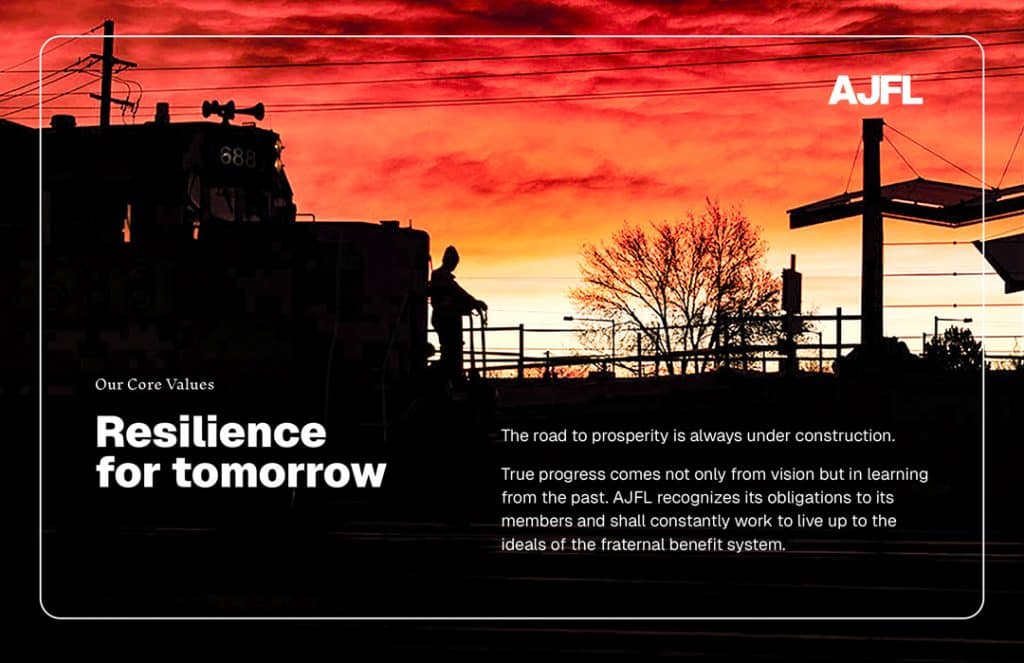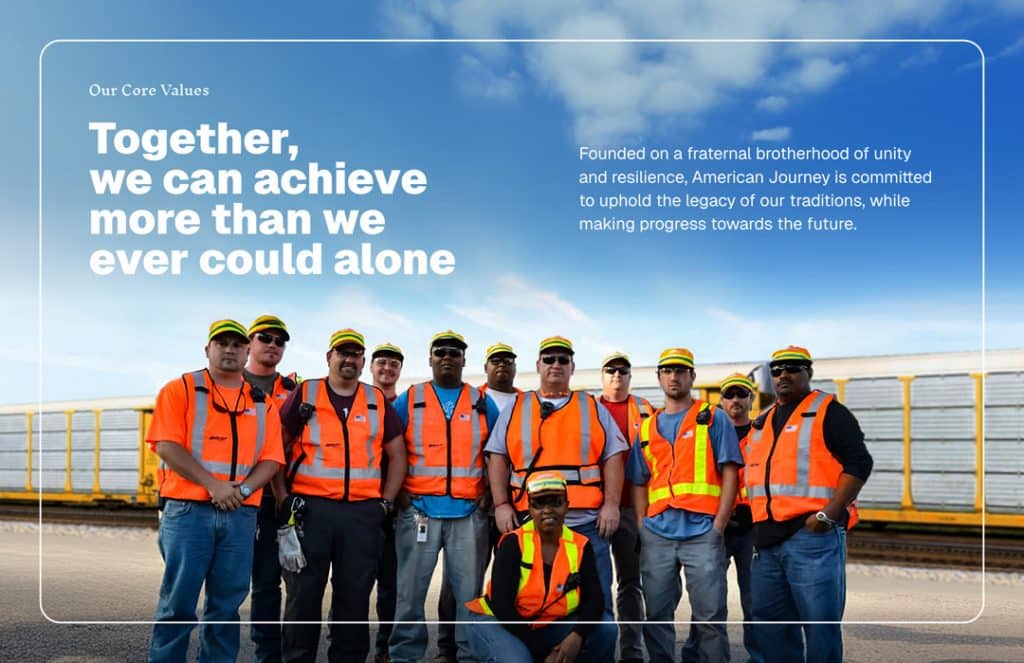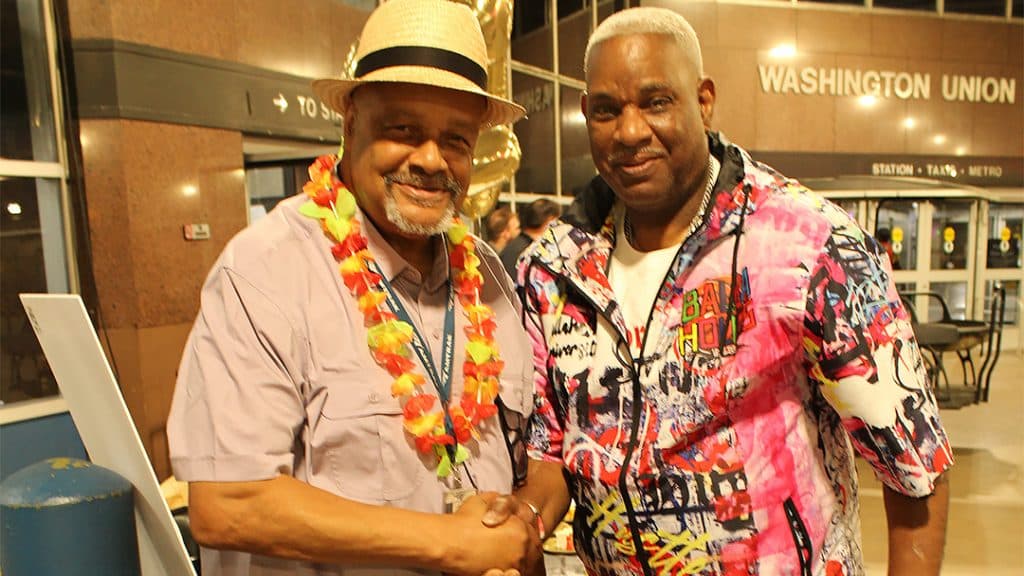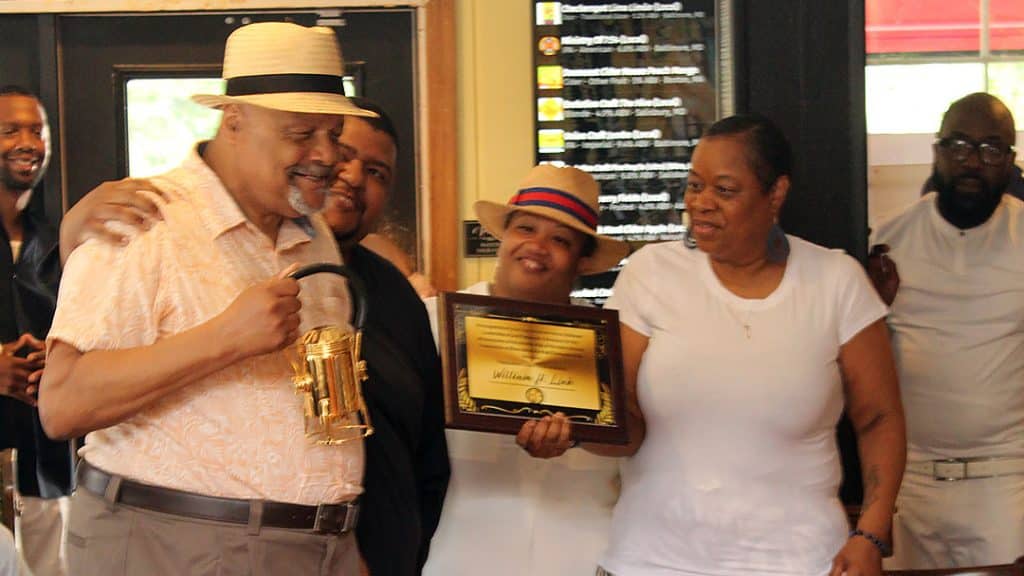The National Transportation Safety Board (NTSB) has concluded its investigation into the June 2023 death of a CSX conductor trainee in Baltimore, Maryland, highlighting dangerous gaps in the railroad industry’s approach to safety and training. The agency’s findings align closely with long-standing concerns raised by SMART-TD about the failures of Class I railroads to provide adequate and effective training for newly hired employees. This union is accelerating steps to take matters into our own hands.
An Avoidable Tragedy Born of Inadequate Training
According to the NTSB’s final report, the trainee was killed after losing his footing while riding on a railcar during a shoving movement at the Seagirt Marine Terminal. The unsafe riding position, lack of secure footing, and absence of proper training on intermodal railcar configurations were all cited as contributing factors. CSX had failed to adequately train or evaluate the trainee’s ability to safely perform his duties.
Not only is this unsettling and unacceptable, but it also exposes a pattern of lapses throughout the rail industry.
Moreover, investigators found glaring deficiencies in CSX’s safety rules and training programs. These findings reflect a systemic problem across Class I railroads: peer conductors who serve as mentors or trainers are given no structured instruction on how to effectively teach, supervise, or assess new hires. They are not trained to recognize signs of fatigue, confusion, or uncertainty among their trainees. These issues have life-or-death consequences in such hazardous working environments.
Whether it’s at the local, state, or federal level, our union fights like hell to ensure that safety is always a priority from Day 1, starting with training.
SMART-TD Acts Where Railroads Have Failed
Recognizing these dangerous gaps, SMART-TD has proactively secured federal funding through the FRA’s CRISI grant program. These resources are being spent on the kinds of training programs Class I carriers neglect to provide. When complete, our goal is for all peer trainers to receive standardized instruction on mentoring, safety assessment, fatigue recognition, and clear communication. These are areas where the railroads have consistently fallen short.
Confidential Close Call Reporting: A Missing Safety Net
Another avenue for systemic improvement is through wider adoption of the Confidential Close Call Reporting System (C3RS). CSX and many other Class I carriers have refused to fully participate in this voluntary program. C3RS provides a safe, confidential way for railroaders to report close calls and safety hazards without fear of discipline. Expanding this program would give the industry vital insights into the recurring issues that continue to plague new hire training and all other aspects of our safety on the job.
A Call for Meaningful Partnership with Labor
Brother Jared Cassity, SMART-TD’s National Safety & Legislative Director, participated in this investigation and countless others like it.
“I’ve been a party to many rail investigations involving injuries and fatalities. But the two CSX trainee deaths in Maryland last year haunt me more than any others. These were preventable,” Cassity reflected. “Railroads need to acknowledge the shortcomings in their training programs. Our members’ blood is being shed unnecessarily because of these avoidable failures. We need better training, clearer yard markings for close clearance hazards, and a renewed partnership between carriers, the FRA, and labor unions like SMART-TD to finally prioritize safety in new hire training programs. We stand ready and eager to lead this work.”
